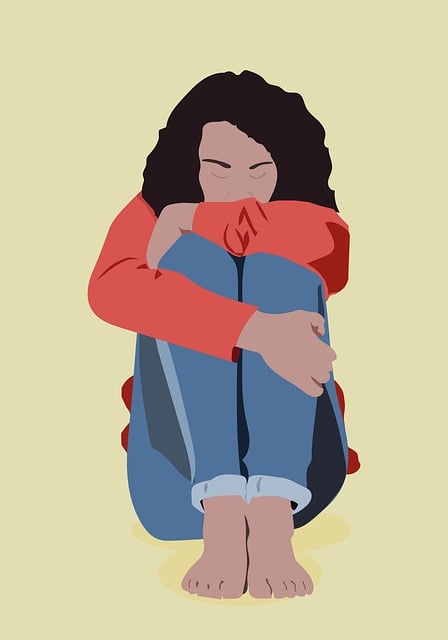Share This Article:

Case Managment Focus
Sarasota, FL (WorkersCompensation.com) More than 160 million people are in the U.S. workforce. Work is one of the most vital parts of life, shaping our health, identity, and wellbeing. At its best, work allows us to support ourselves and our loved ones and can also provide us with a sense of meaning, opportunities for growth, and a community. When people thrive at work, they are more likely to feel physically and mentally healthy and to contribute positively to their workplace.
Most people think of physical injuries, but mental health conditions also interfere with a worker's ability to carry out their job duties. Most states offer workers’ compensation coverage for mental health claims, though getting the claim approved can be complex. According to a recent study by Atticus, a workers' compensation and disability benefits company headquartered in Los Angeles, mental health issues make up 52% of all workplace injury cases.
Mental Health Claims are difficult to prove that the condition relates to work duties. This is called causation – proving the condition was directly caused by the injured worker’s job.
Case managers can help establish this correlation by talking to the injured worker and finding various experts who can assess and demonstrate the cause-and-effect relationship.
Case In Point: I had a case once where I was assigned a nurse supervisor who had been shot after terminating an employee. The nurse healed physically from the gunshot wound but had symptoms like sadness, irritability, fear of returning to her job, and other symptoms that the treating physician felt might be post-traumatic stress syndrome. I was able to make an appointment with a psychiatrist who specialized in trauma. Through interviews and data collection, the doctor could show a direct correlation.
The workers’ compensation nurse case manager can assist the injured worker, the medical team, the employer, the claims adjustor, and attorneys to ensure the injured worker receives the care they need to meet their needs. The case manager listens to all sides and helps each stakeholder understand the various viewpoints when an injury or illness occurs.
Many states cover mental health claims, but some state that there also must be a physical injury. Conditions like chronic pain, anxiety, inability to sleep, eat, or overeating are signs that are related to mental health conditions. Learning about the work environment and the worker's duties is essential to the process.
Educating employers, especially those in stressful occupations, is important to promote wellness and decrease claims. Today, there is a lot of attention on mental health and how we can all learn to handle stress and other conditions that manifest from the work we do and the lives we live.
Be well!
AI california case management case management focus claims compensability compliance courts covid do you know the rule emotions exclusive remedy florida FMLA fraud glossary check Healthcare health care hr homeroom insurance insurers iowa leadership medical NCCI new jersey new york ohio osha pennsylvania roadmap Safety state info technology texas violence WDYT what do you think women's history women's history month workcompcollege workers' comp 101 workers' recovery Workplace Safety Workplace Violence
Read Also
- Apr 25, 2025
- Liz Carey
- Apr 24, 2025
- Frank Ferreri
About The Author
About The Author
-
Anne Llewellyn
Anne Llewellyn is a registered nurse with over forty years of experience in critical care, risk management, case management, patient advocacy, healthcare publications and training and development. Anne has been a leader in the area of Patient Advocacy since 2010. She was a Founding member of the Patient Advocate Certification Board and is currently serving on the National Association of Health Care Advocacy. Anne writes a weekly Blog, Nurse Advocate to share stories and events that will educate and empower people be better prepared when they enter the healthcare system.
More by This Author
Read More
- Apr 25, 2025
- Liz Carey
- Apr 24, 2025
- Frank Ferreri
- Apr 24, 2025
- Liz Carey
- Apr 24, 2025
- Claire Muselman
- Apr 24, 2025
- Chris Parker




